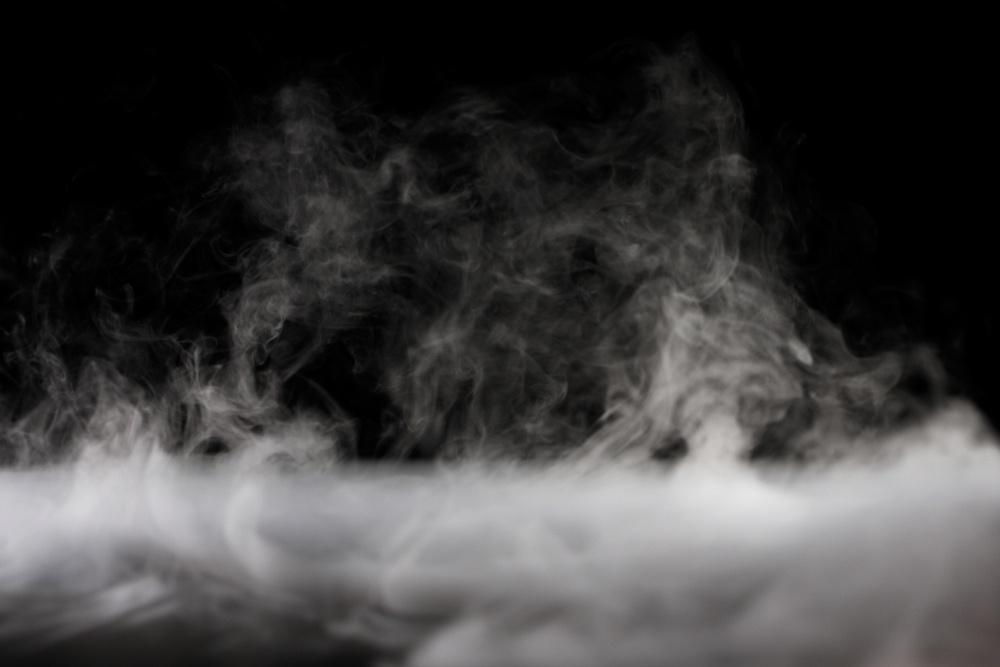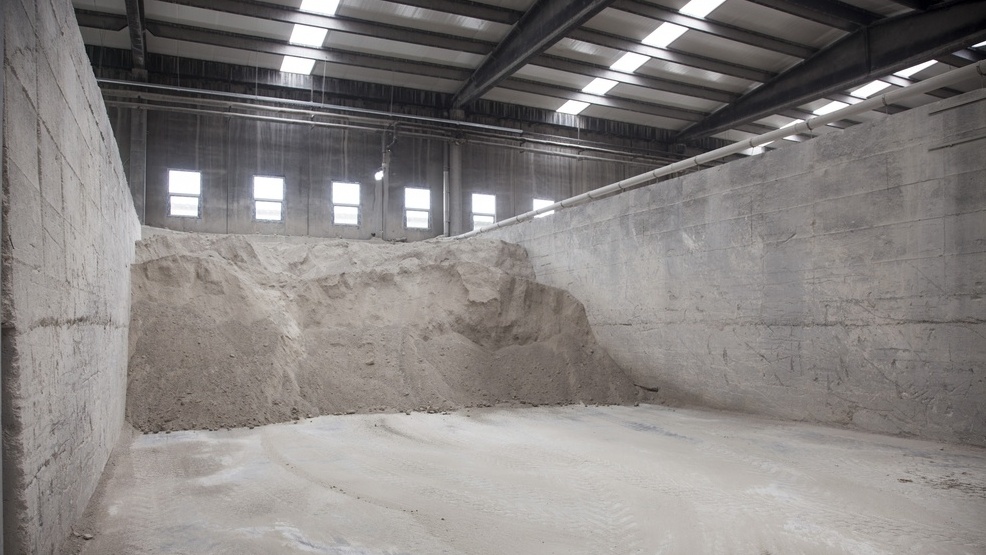Before bricks and tiles can be fired the majority of water used in its moulding needs to be removed from the clay product. Any excess residual water or moisture left in the article as it enters the kiln to be fired will be removed very quickly leading to major problems such as blow out, warpage or in the extreme – as has been seen on numerous occasions – to explode causing serious damage to the kiln and production.
Jonathan Savage
Recent posts
Temaer: Structural, Drying
The first process required to begin the production of clay bricks or roof tiles is to make available the raw materials required for the process. The major material used in manufacture are clays and as such brickworks will have been built as close to a clay quarry as possible although some clays are still trucked in to aid in varying colours and technical characteristics.
Temaer: Structural
All brick and tile manufacturers strive for the elusive 100% yields, but in reality, the norm is anywhere from circa 50% upwards depending upon raw materials, products being produced and processes. These losses have been seen to occur in the extruding/moulding of the clay products, during the drying and firing processes and throughout all handling stages of production.
Temaer: Structural
Various amounts of water are added within brick and tile manufacturing depending upon which process route you choose. A stiff extrusion may have water content as low as 10% while a soft mud factory may be as high as 30%. With hand made and water-struck products, this water addition value may even go higher. However, although these levels of water may be advantageous for manufacturing, they still require to be driven out during the drying process to enable the products to be fired.
Temaer: Structural, Clay additives
How to reduce scumming from structural bricks without Barium Carbonate?
By Jonathan Savage 09-May-2017 13:02:00
Although the EU have downgraded Barium Carbonate from "Poisonous" to "Harmful If Swallowed", it is still treated as a toxic material in various countries across the world. However, its position as the most useful additive for the elimination of salt scumming from clay bricks and tiles is unchanged. For those countries where barium is prohibited, or due to increases in price and reduced availability, manufacturers look for alternatives.
Temaer: Structural, Scumming
Increasing Extrusion Rate in brick and roof tile manufacturing
By Jonathan Savage 28-Mar-2017 13:04:00
In modern brick production, massive investments in infrastructure and machinery dictate the way we make bricks and roof tiles, i.e it will take a lot of effort (not to mention a lot of money) to rearrange a production line or buy new equipment. Still, optimizing production is always a subject of attention. Given a fixed production line, a technical manager soon runs out of options when trying to produce more bricks or tiles. However, leaning on modern chemistry, it is possible to increase the extrusion rate significantly.
Temaer: Structural, Clay additives, extrusion








